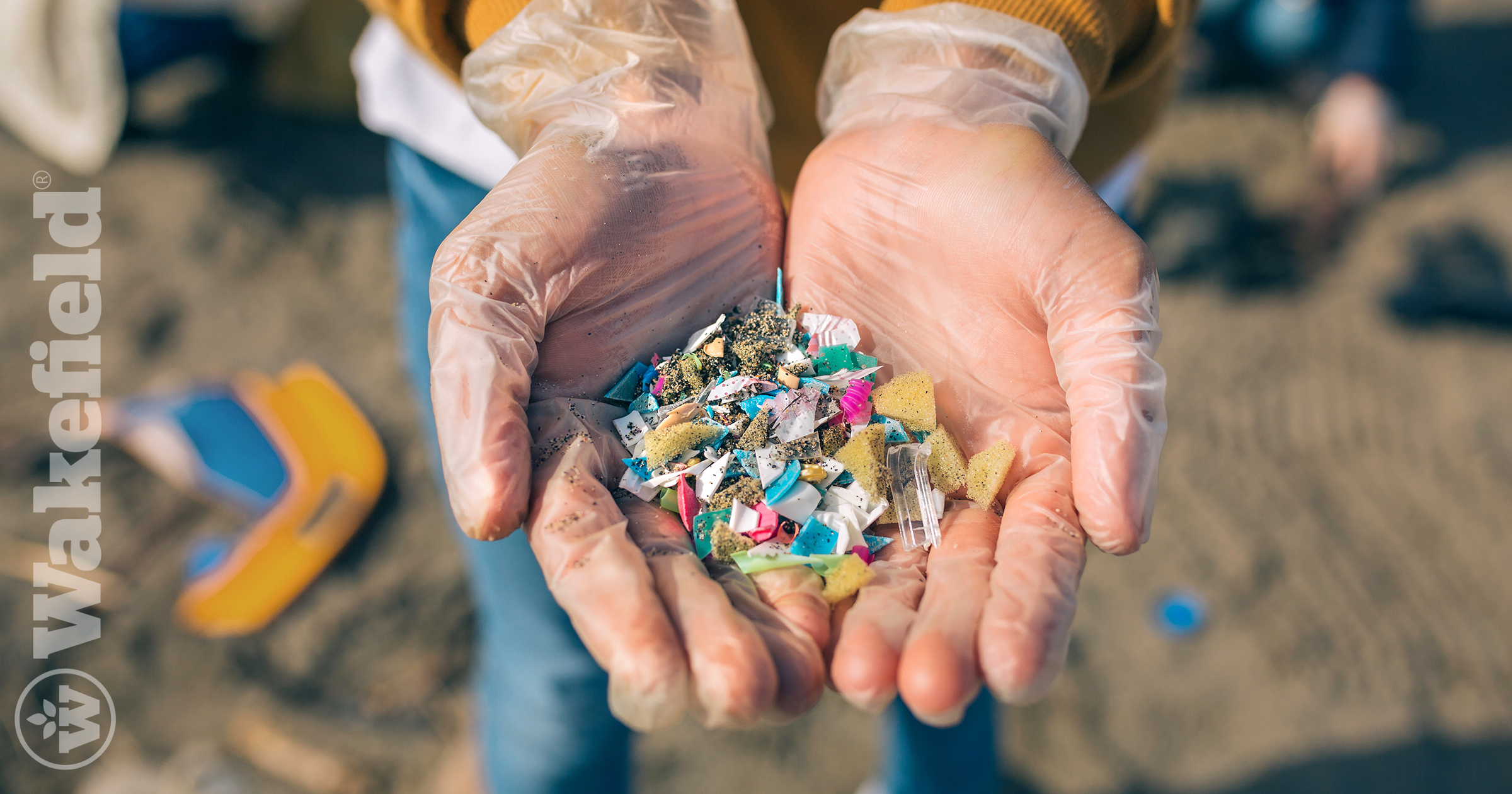Role of Biochar in Alleviating Microplastic Toxicity

Introduction to Microplastic Contamination in Agriculture
Plastic products have been widely used since the 1950s, leading to the emergence of microplastics (particles < 5 mm) that accumulate in the environment. In agroecosystems, microplastics enter the soil through polluted water, plastic mulch, and coated fertilizers, posing a threat to crop productivity and soil quality. A recent study focuses on peanut cultivation, highlighting the risks microplastics pose to root development and rhizosphere microbial communities.
Adverse Effects of Microplastics on Plants and Soil
Microplastics negatively impact root development by inducing reactive oxygen species, damaging root cell integrity, and reducing xylem vessels. These effects, coupled with alterations in rhizosphere microbial communities, lead to decreased nutrient availability in the soil. There is a need to understand the molecular mechanisms underlying plant responses to microplastics. Soil microorganisms play a vital role in nutrient cycling, and changes induced by microplastics affect soil quality and fertility, further inhibiting crop growth.
Biochar Is Useful In Alleviating Microplastic Toxicity
Biochar, a soil amendment material, shows promise in mitigating the toxic effects of microplastics. Biochar application influences peanut root and rhizosphere microbiome under microplastic stress. Results of a this research demonstrate that biochar promotes the expression of key genes related to antioxidant activities, lignin synthesis, nitrogen transport, and energy metabolism, alleviating stress on the roots caused by microplastic contamination. Additionally, biochar restores microbial diversity and functionality in the rhizosphere, positively impacting nutrient availability.
Implications and Future Research
The findings suggest that biochar application could be an effective strategy to enhance root development, oxidative stress resistance, and nutrient cycling in microplastic-contaminated soil, ultimately improving the overall health of plant-soil systems. However, the study acknowledges the need for further research to explore the specific effects of biochar on different crops, considering variations in root architecture, nutrient requirements, and microbial associations. The complex interactions between biochar, microplastics, and various crops in natural agroecosystems require more comprehensive investigations to optimize biochar application strategies for sustainable agriculture in the face of microplastic pollution.
See the full paper at https://www.sciencedirect.com/science/article/pii/S0147651324000101?via%3Dihub.





